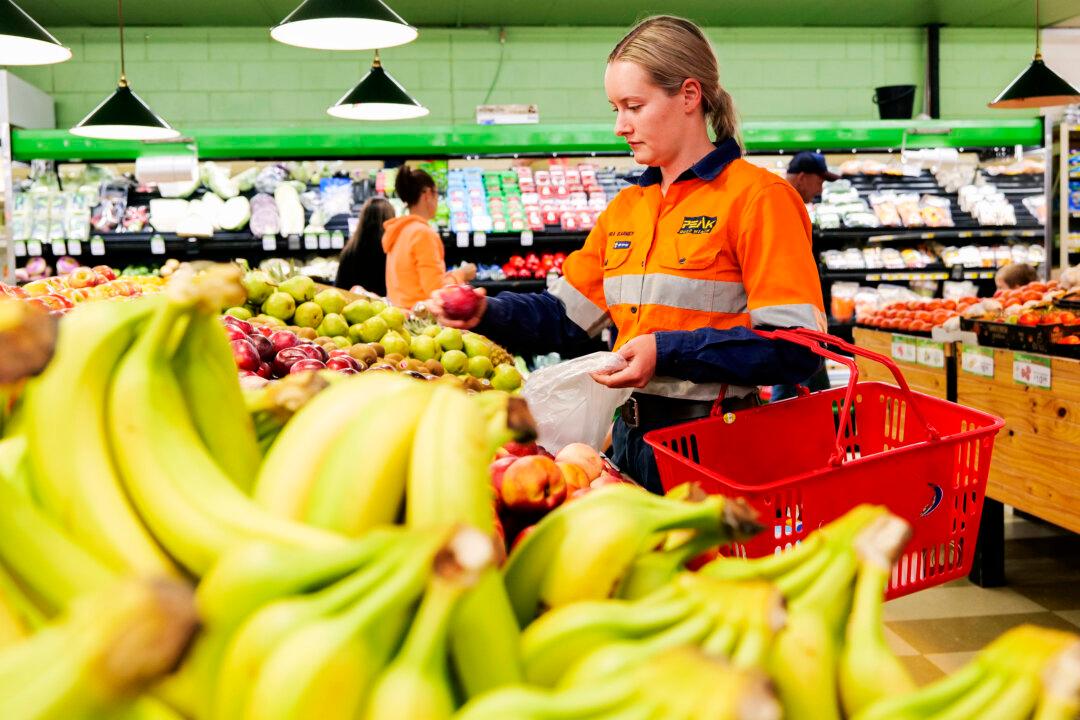Commentary
Food Standards Australia has called for comment on the genetically modified fruit, a disease-resistant Australian Cavendish banana known as QCAV-4.

Food Standards Australia has called for comment on the genetically modified fruit, a disease-resistant Australian Cavendish banana known as QCAV-4.